Introduction
A Quick Opening Closure is a mechanical device for pressure pipes or vessels. The device includes a body flange, head cover, clamp, seal, safety lock, opening mechanism, and lever. Its design reduces the difficulty of opening and closing end covers. This saves time and labor, boosting production efficiency. Unlike traditional bolt flanges, it doesn’t require removing bolts one by one. You only move or rotate the lock slightly to open or close the cover. One worker can operate it quickly.
It is generally composed of a cylinder flange, head cover, hook ring or clamp, sealing ring, safety interlock mechanism, opening and closing mechanism, swivel arm and sub (when needed), and other components. The idea is to reduce the difficulty of opening and closing the end cover through a special structure. At the same time, reduces the time required to open and close the end cover and saves labor. Thereby improving production efficiency. Quick-opening closures do not require sequential removal of the fastening bolts as is the case with traditional bolt-flange connections. It only needs to move the lock a short distance or rotate at a certain Angle to complete the opening and closing of the end cover. Even one worker can complete the operation in a relatively short time.
Different Types of Quick Opening Closures
EMT company provides three types of closures they are as follows:
Bayonet type closures: This type of snap-open blinds are designed to be snap-open for quick connection and disconnection.
Lock ring type quick opening closures: through the lock ring structure, fast opening and closing, with high safety and stability.
Clamp type quick-opening closures: fixed by clamping structure, easy operation, suitable for a variety of working conditions.
Bayonet Type Quick Opening Closure Structure
Because once the Quick Opening Closure is closed, it should be opened every few months. And every time it is very laborious, it is easy to make the starting bolt slip or damage the wrench. The Quick Opening Closure includes a cylinder flange with an opening device around it. The mounting plate connects to another cam through a camshaft. A clamping ring gasket sits on the cam’s surface. The camshaft pierces the circlip gasket’s middle part. Locking pins fix the cam and mounting plate. A handle attaches to the cam’s side. The cam’s outer edge fits with the starting plate, which mounts above the head cover. This utility model applies to opening a latch-type Quick Opening Closure head cover.
| Lock Ring Type | Band Type | Plug Buckle Type | |
| Installation | Vertical/Horizontal | Vertical/Horizontal | Vertical |
| Size | DN 200 to DN 1200 | DN 150 to DN 1000 | DN 150 to DN 1000 |
| Pressure | ASME #150 to #1500 | ASME #150 & #300 | ASME #150 to #600 |
| Materials | SA 350 LF2 | SA 350 LF2 | SA 516 70N/SA 105N |
| Sealing | Viton™ | Viton™ | Viton™ |
Technical Indicators
| Technical indicators | |
| Nominal Diameter DN: | <1800mm |
| Design pressure PN: | ≤40 MPa |
| Working Medium: | oil, gas, water |
| Design Temperature: | -50℃~300℃ |
| Material: | 16Mn,A350LF2, A105, SS304, SS316, F51, F53, F55, INCONEL625, HASTELLOY C |
| Pipe Thickness: | 6mm~100mm |
Bayonet Type Quick Opening Closure
The bayonet-type quick-opening closure is not suitable for use with large-diameter pipes. In theory, it is used for pipelines below DN400. In practice, pipelines below DN300 are the best. The reasons are as follows: The principle of the bayonet-type quick-opening closure is as follows, which is sealed by pressing the sealing ring under the pitch. The general pitch is M16. If the sealing is safe and reliable, the sealing ring must be compressed. At this time, the larger the aperture of the quick-opening closure, the heavier and more laborious it will become when closing and opening. Then the only way to lighten it is to lengthen the pressure bar. Apply lubricant to the closure seal surface to reduce friction with the seal ring. Besides, apply lubricant tooth to tooth to reduce friction.
Operation Process
Preparation
1. Check whether the quick-opening closure needs to be replaced or repaired.
2. Confirm the size and material of the quick-opening blind plate.
3. Prepare the necessary tools and protective equipment.
Remove the old quick-opening closure
1. Check the label on the closure. One side of the label indicates the direction of removing the latch closure.
2. Use a hammer and a small spatula to tap or remove the screws or plastic cover on all sides. Then remove it, and take out the blind plate frame.
3. Remove the latch quick-opening closure in the marked direction.
Install new quick-opening closure
1. Insert the quick-opening blind plate from the opening of the blind plate frame, ensure that the installation direction is consistent with the marked direction, and push it into place.
2. Put the closure frame back in place.
3. Secure the closure in place with screws or plastic cover plates.
Inspection
1. Check whether the closure is firm and meets the requirements.
2. Ensure compliance with standards and safeguards.


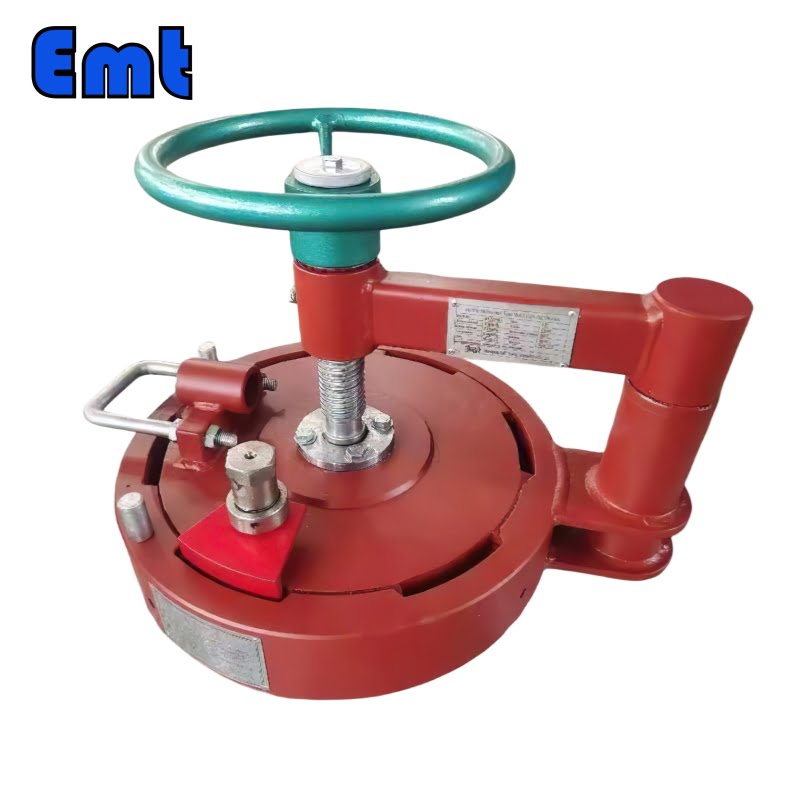
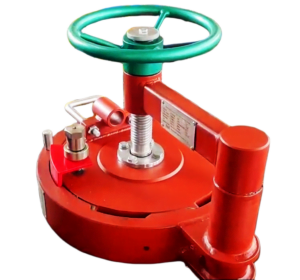
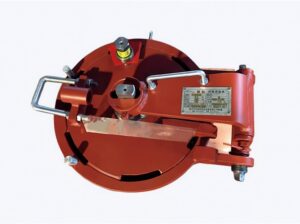
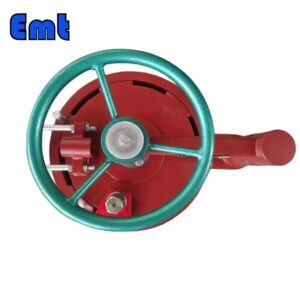
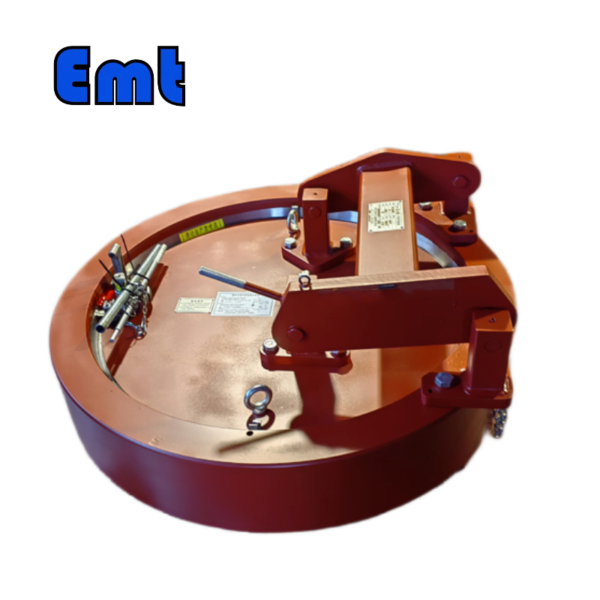
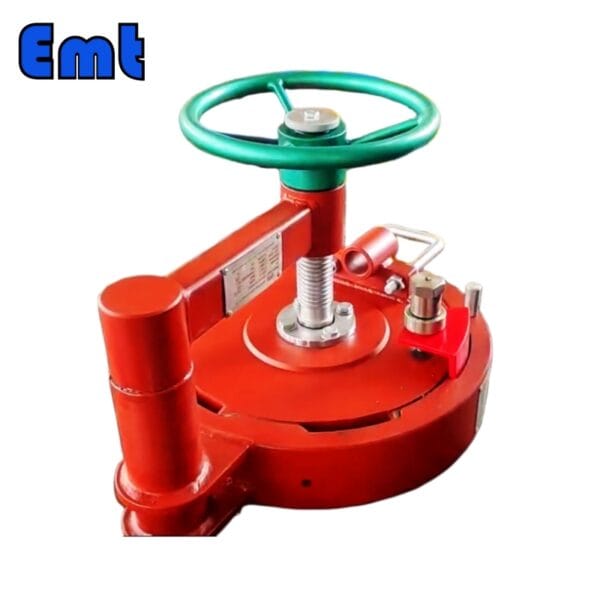
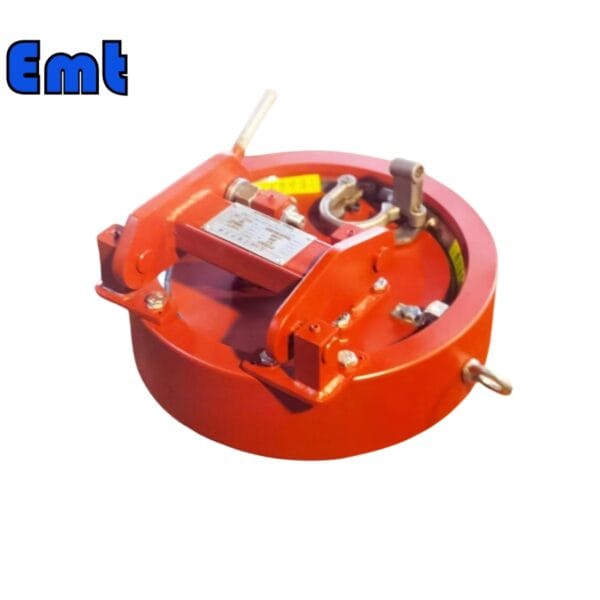
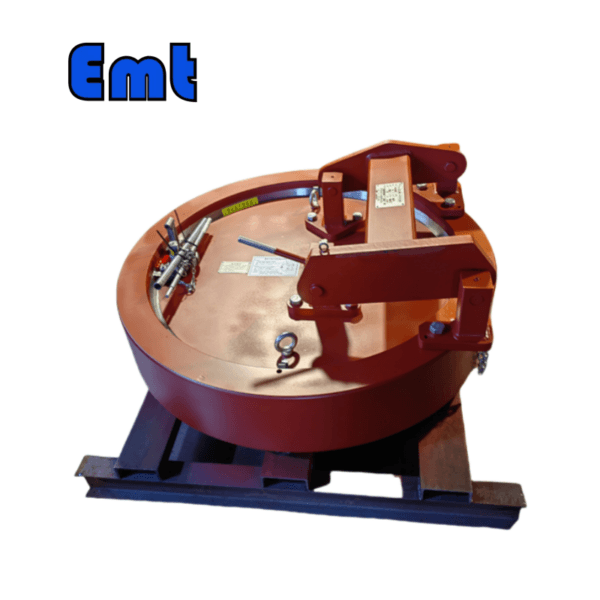
There are no reviews yet.